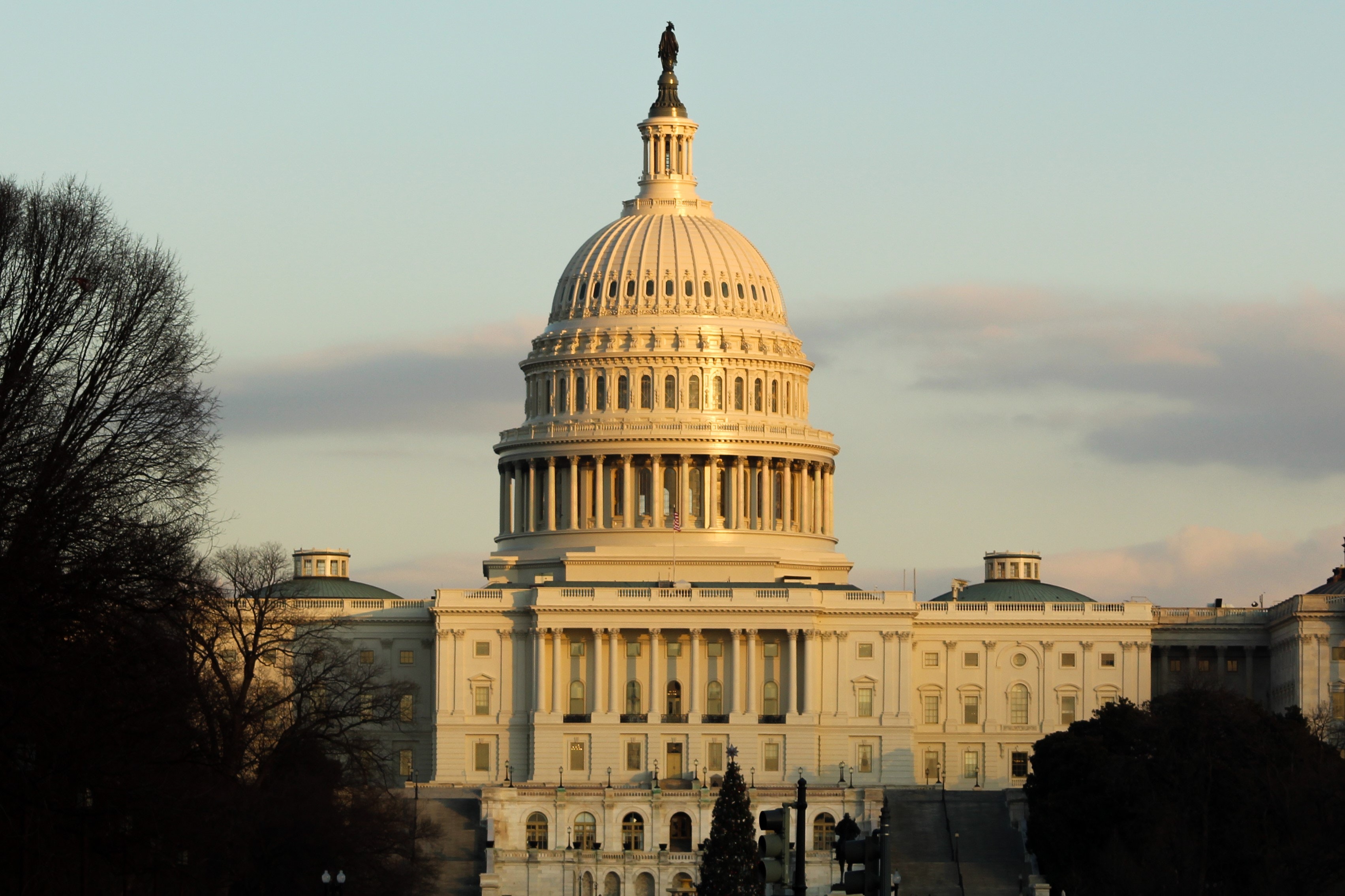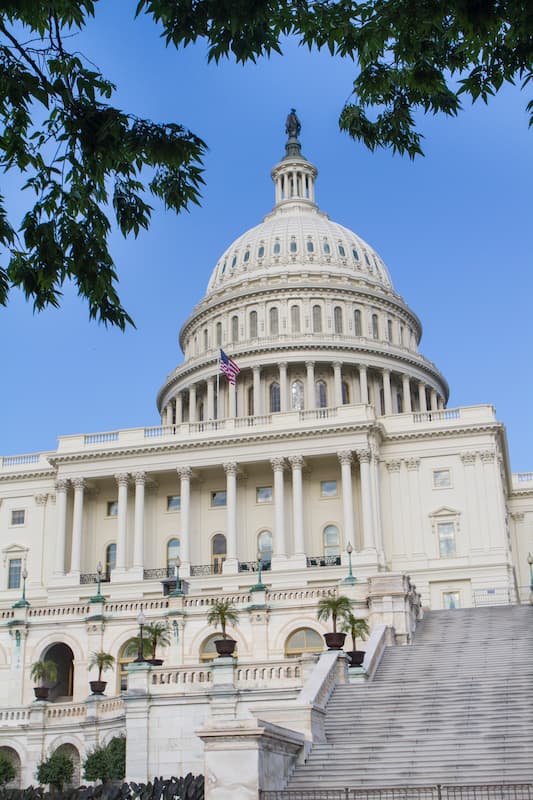A full House vote is expected today on a $1.9 trillion coronavirus relief package, the third of its kind since the pandemic began. The legislation provides for another round of direct payments, an increased tax break for parents, unemployment assistance, as well as several provisions for small businesses.
Here’s what you need to know:
Direct payments:
The House bill provides direct payments worth up to $1,400 per person to families earning less than $200,000 annually and individuals earning less than $100,000. These payments do phase out faster than in previous rounds; not everyone who was eligible for a check earlier will receive one now.
Individuals earning less than $75,000 would receive the full $1,400 and the amount would phase out for those earning more, up to $100,000.
Couples earning less than $150,000 a year would receive $2,800 — and families with children would be eligible for an additional $1,400 per dependent.
Payments will be calculated based on either 2019 or 2020 income, and adult dependents — including college students — would be eligible for the payments.
Increased child tax credit:
In addition to receiving direct stimulus funds, most families with minor children could claim a larger child tax credit for 2021 -- $3,600 for each child under 6 and $3,000 for each one under age 18, up from the current credit of up to $2,000 per child under age 17.
The credit would also become fully refundable, so more low-income parents could take advantage of it. Households could receive payments monthly, rather than a lump sum once a year.
Unemployment:
A weekly federal boost of $400 through August 29 would be provided for out-of-work individuals. Freelancers, gig workers, independent contractors, and certain people affected by the coronavirus could remain in the Pandemic Unemployment Assistance program for up to 74 weeks, and those whose traditional state benefits run out could receive Pandemic Emergency Unemployment Compensation for 48 weeks.
Small Business Assistance:
The bill would provide $15 billion to the Emergency Injury Disaster Loan (EIDL) program, which provides long-term, low-interest loans from the SBA. Severely impacted small businesses with less than 10 employees will be given priority for some of the money.
A $25 billion new grant program specifically for bars and restaurants would also be available. Eligible businesses may receive up to $10 million and can use the money for a variety of expenses, including payroll, mortgage and rent, utilities and food and beverages.
The PPP would get an additional $7 billion, and the bill would make more non-profit organizations eligible.
Additional provisions:
Additional support for food stamp recipients and low-income Americans behind on rent, rent assistance, and utilities would be provided. About $10 billion would be authorized to help struggling homeowners pay their mortgages, utilities, and property taxes. Additional federal premium subsidies for Affordable Care Act policies for two years are also included.
A federal increase in the minimum wage to $15/hour is also in the House bill, but that is not expected to pass the Senate.
Please reach out to us if you have any questions, and stay tuned as this bill continues its journey through the Senate. We'll keep you posted.





